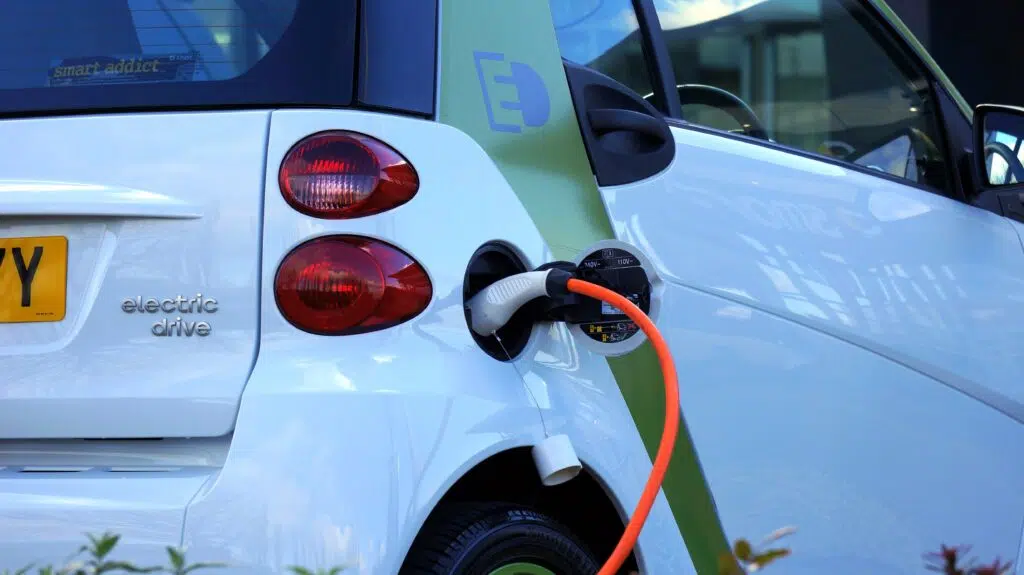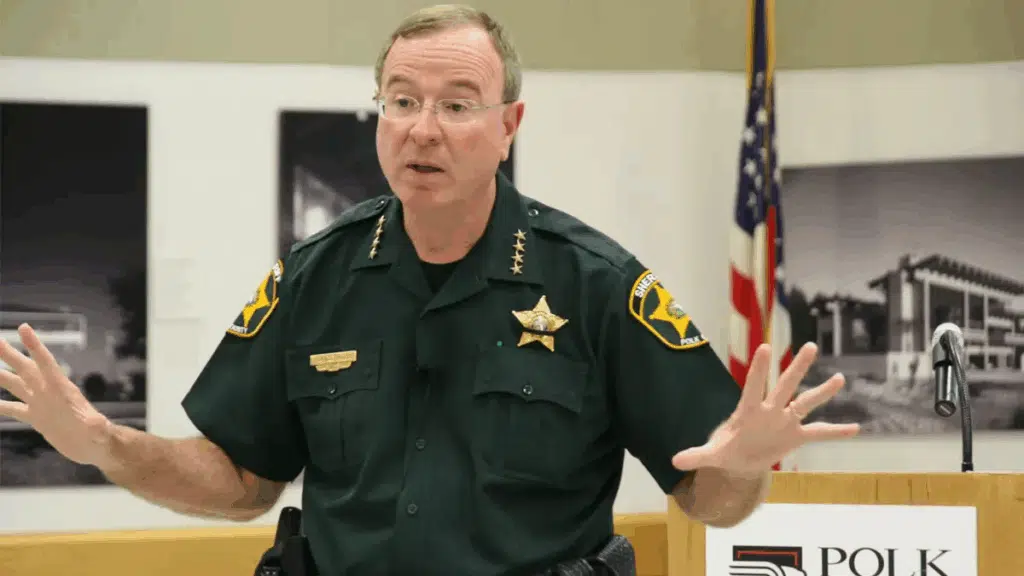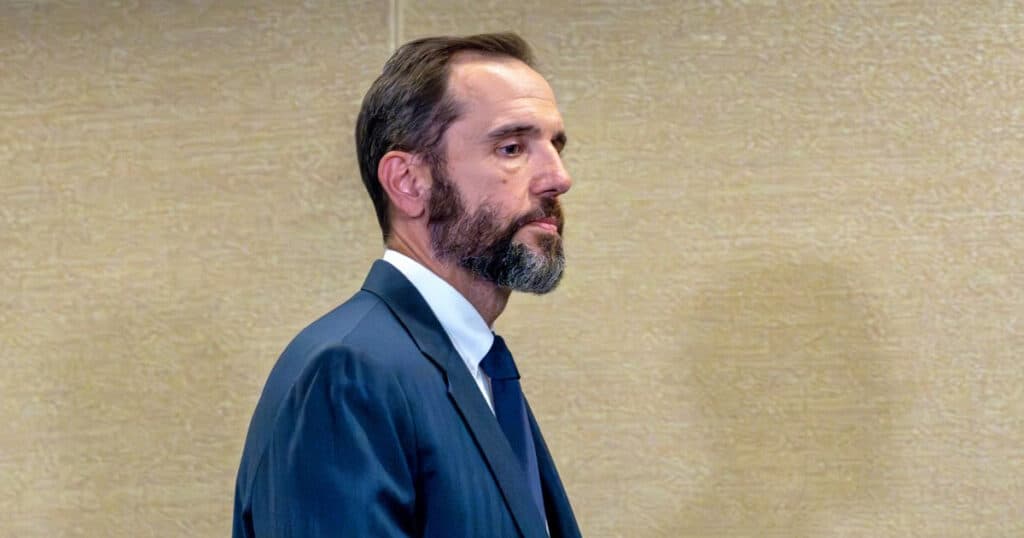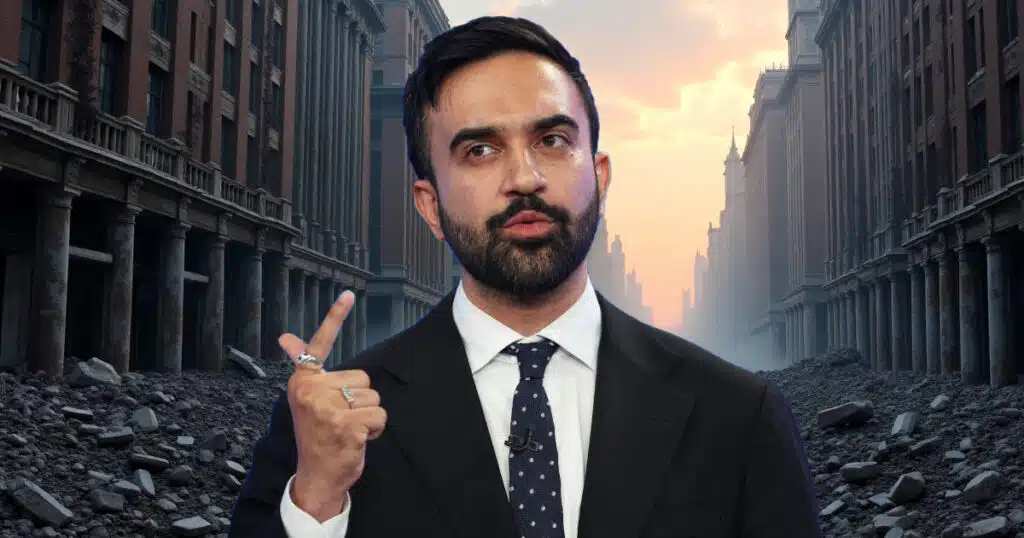
On Electric Vehicles, Joe Biden Must Answer These Vital Questions Before He Spends More Taxpayer Money
Members of U.S. President Joe Biden’s administration this year announced they’re investing billions of dollars into new Electric Vehicle (EV) chargers, but no one involved wants to address how this technology still has three potential hiccups.
One, does America’s energy grid have enough juice to power EVs, and if not now then when?
Two, do Americans drive enough EVs to justify this investment?
And, three, why can’t the free market — and not government bureaucrats — settle these issues, and, perhaps more importantly, without taxpayer money?
The San Francisco-based Pacific Gas and Electric Company (PG&E) officials recently announced they want to place EV chargers in less affluent neighborhoods. This, even though the average price of an EV in May of this year was $64,338, according to Kelly Blue Book. That’s well outside the price range for middle class folks.
Will this investment even pay off?
PG&E officials, when contacted via email this week, would not say how many disadvantaged people in their service area currently drive EVs or are projected to drive EVs within the next five years. They also would not say whether ratepayers or taxpayers will help subsidize this project.
Members of the Biden administration, in a press release late last month, said they want more than 250,000 EV chargers built per year. They said this initiative, with a $700 million investment from the private sector, will create more than 2,000 jobs, and “make EV charging more affordable, accessible, and equitable.”
But Biden and other principle players will also spend a dramatically higher amount of money on EVs, as furnished by the taxpayers.
“The historic private investments will follow the $7.5 billion from President Biden’s Bipartisan Infrastructure Law to build a national network of EV chargers, enabling convenient and uniform charging at home, work, and across the country,” according to Biden’s press release.
Biden, the press release went on to say, wants EVs to make up 50 percent of new vehicles sold in 2030. The president also wants a national network of EV chargers.
Top-level brass at the Nashville Electric Service (NES) have for years encouraged and incentivized their customers to buy EVs. Citing high summer temperatures, NES officials recently asked customers to use less electricity. RVIVR asked NES officials if Nashville has a strong enough power grid to power a greater number of EVs on the road, but the people at the top dodged our questions.



